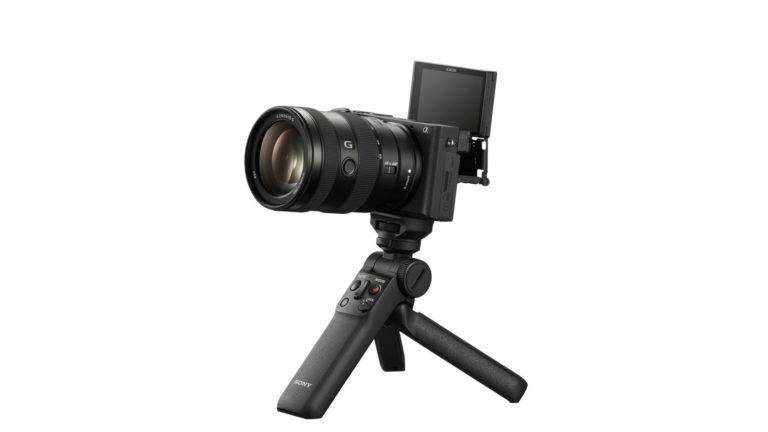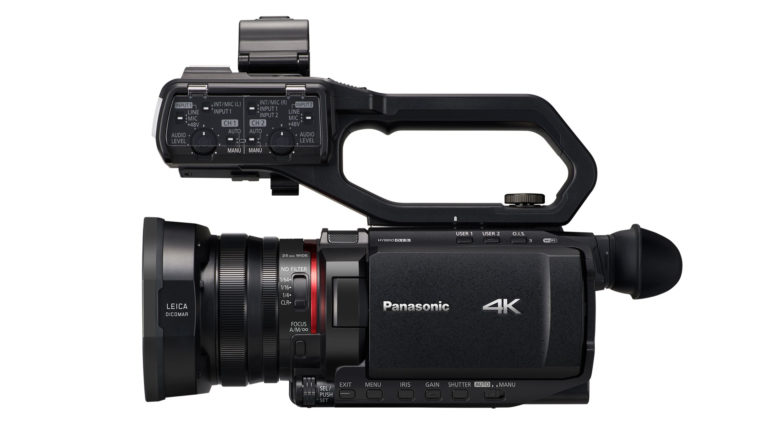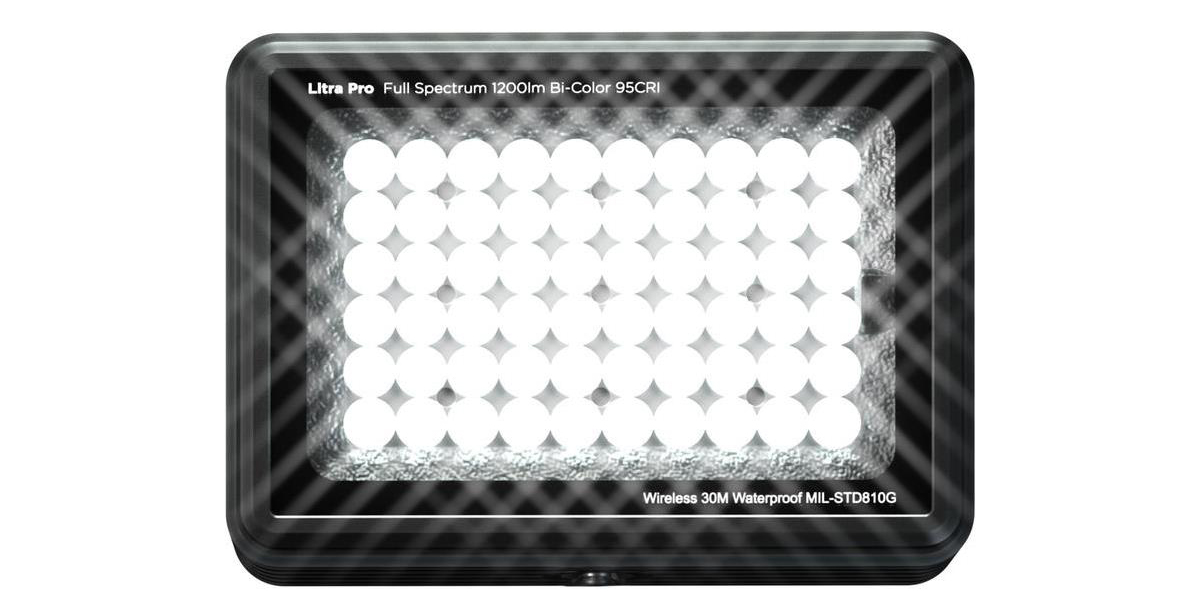Cameras to Ship Mid-Year With 1920x1080 "Xensium" Sensor
Grass Valley was a little stingy with further details about Xensium, which comprises fully 2.4 megapixels, saying that more information about the precise arrangement of those pixels would be released at a presentation to be given at the International Solid State Circuits Conference (ISSCC) February 11 in San Francisco.
The Infinity is currently being beta-tested in the field by what Rosica described as "major, very large news broadcasters," although he didn't disclose their identities. A working pre-production model is scheduled to be on display at NAB, with some 100 units to be deployed for evaluation and testing after the show. A special factory has been built to manufacture the Infinity, which is slated to ship to customers beginning near the end of the second quarter.
Grass Valley's Ronny van Geel ran down more Infinity-related news. First, he described a product Fast Forward Video plans to launch at NAB: a "camera backpack" that fits between the back of an analog camera and its battery, converts the signal to digital, and records it to a Rev Pro disk, making legacy cameras forward-compatible with a Rev Pro-based workflow.
Next, van Geel described the new LCP400 software that Grass Valley will offer, which allows the Infinity camera to be controlled from a smartphone or PDA running Windows Mobile 5. The $499 LCP400 program will support metadata input, the addition of markers of interest, and operation of video and audio controls via Bluetooth.
There was more news, too, but touched upon only briefly at the press event. The Grass Valley Spirit HD telecine (starts at $698,000) is a new film scanner that supports SD and HD scanning in 4:2:2 or 4:4:4 color space and can be upgraded to 2K or 4K in the field. It's slated to ship in February, and you can see it at NAB.
Did you enjoy this article? Sign up to receive the StudioDaily Fix eletter containing the latest stories, including news, videos, interviews, reviews and more.









Leave a Reply